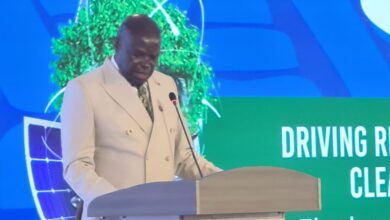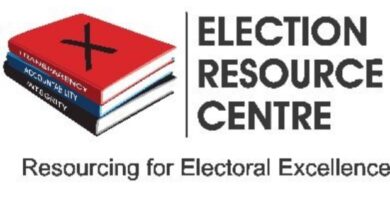Bajila calls for prioritization of local manufacturers in procurement
Silethemba Mlauzi
Emakhendi-Luveve Member of Parliament Discent Bajila, has emphasized the importance of supporting local manufacturers in government procurement processes. Bajila made the remarks in parliament.
He raised concern over the importation of bucket seats for a project at the National Sports Stadium, highlighting the capability of Zimbabwean company Tregers Plastics, based in Bulawayo, to manufacture such seats locally.
Bajila’s passionate plea to prioritize local companies was met with a response from the Minister of Transport and Infrastructural Development, Felix Mhona. In addressing Bajila’s question, Hon. Mhona acknowledged the valid point raised and highlighted that the procurement decisions made by the government are subject to scrutiny by the Parliament.
Hon. Bajila’s direct submission echoed the sentiments of many advocating for boosting local industries: “Does Government not have a plan to procure from these companies that are here in the country and have capacity to produce these seats rather than importing them? This will enable us to have our money stay within the country and create more employment for our people.”
In his response, Hon. Mhona emphasized the oversight role of the Parliament in ensuring transparency and accountability in government procurement processes. He mentioned, “If the Committee feels otherwise, they can be advised,” indicating the importance of further investigation into procurement decisions that may impact local businesses.
The exchange between Hon. Bajila and Hon. Mhona underscores the ongoing dialogue surrounding the need to promote local industries and support economic growth within Zimbabwe. As discussions continue, the parliament remains a critical platform for advocating for the interests of local manufacturers and the broader community.




